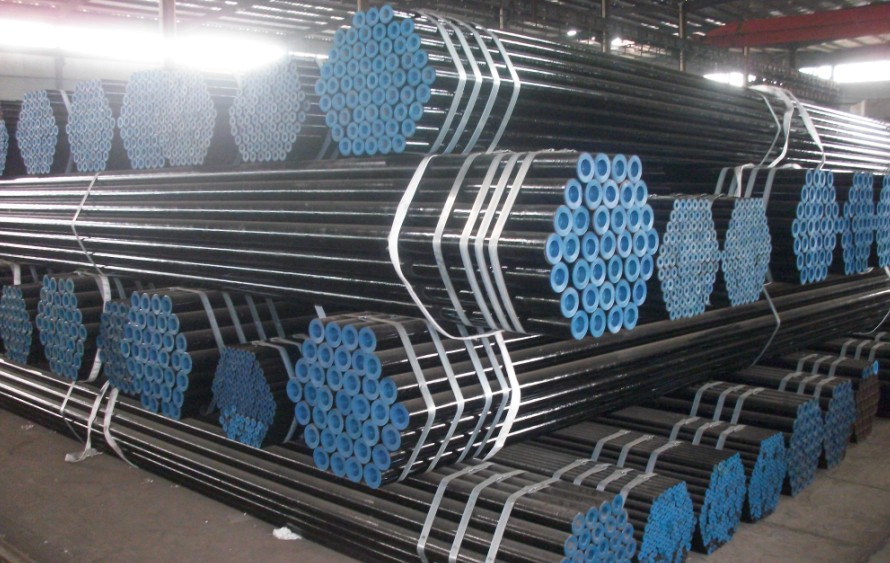The high pressure boiler pipe is a kind of boiler pipe and belongs to the seamless steel pipe, which is mainly used for manufacturing the superheater tube, the reheater tube, the gas-guide tube and the main steam pipe for high pressure and superhigh pressure boilers. Manufacturing processes of
high pressure boiler pipes include fine drawing processes, brighting processes, hot rolling processes, cold drawing processes and hot expanding processes.
1.
An overview of the high pressure boiler pipe
(1)
Manufacturing methods
High pressure boiler pipes have the same manufacturing methods as
seamless pipes, but they have strict grade requirements of steel which steel pipes are made of. High pressure boiler pipes are divided into general boiler pipes and high pressure boiler pipes two categories based on high or low operating temperature.
① Operating temperatures of general boiler pipes are below 450℃. Chinese general boiler pipes are mainly made of NO.10 and NO. 20 carbon structural steel by hot roll processes or cold drawn processes.
②
High pressure boiler pipes are often under high temperature and high pressure conditions when they are in operation, which will oxidize and corrode under the actions of high temperature flue gases and water vapors. Therefore, high pressure boiler pipes are required to have high creep rupture strength, good anti-oxidation corrosion resistance and good structure stability.
2.
Applications of boiler pipes
① The general boiler pipes are mainly used as superheated steam pipes, large & small smoke pipes and arch tubes which are used for water-cooling wall pipes, boiling-water pipes, superheated steam pipes and locomotive boilers.
②
High pressure boiler pipes are mainly used as superheater tubes, reheater tubes, gas-guide tubes and main steam pipes for high pressure and superhigh pressure boilers.
3.
Categories
Boiler pipes can be classified into general boiler pipes and high pressure boiler pipes according to high temperatures that they can bear. Both general boiler pipes and high pressure boiler pipes can be divided into various kinds of steel pipes based on their different applications.
4.
Rust removal of high pressure boiler steel pipes
Basic methods of high pressure boiler steel pipes' rust removal are cleaning methods, toolrust removal methods, pickling and abrasive blasting methods. With the development of China's economy, long-distance oil and gas pipelines are important ways for energy security. In the anti-corrosion work process of oil or gas pipelines, rest removal of high pressure boiler steel pipes' surfaces can also become factors that influence high pressure boiler steel pipes' service lives. We can greatly improve technological levels and reduce production costs for the same equipment after ensuring quality of anticorrosive coatings.

